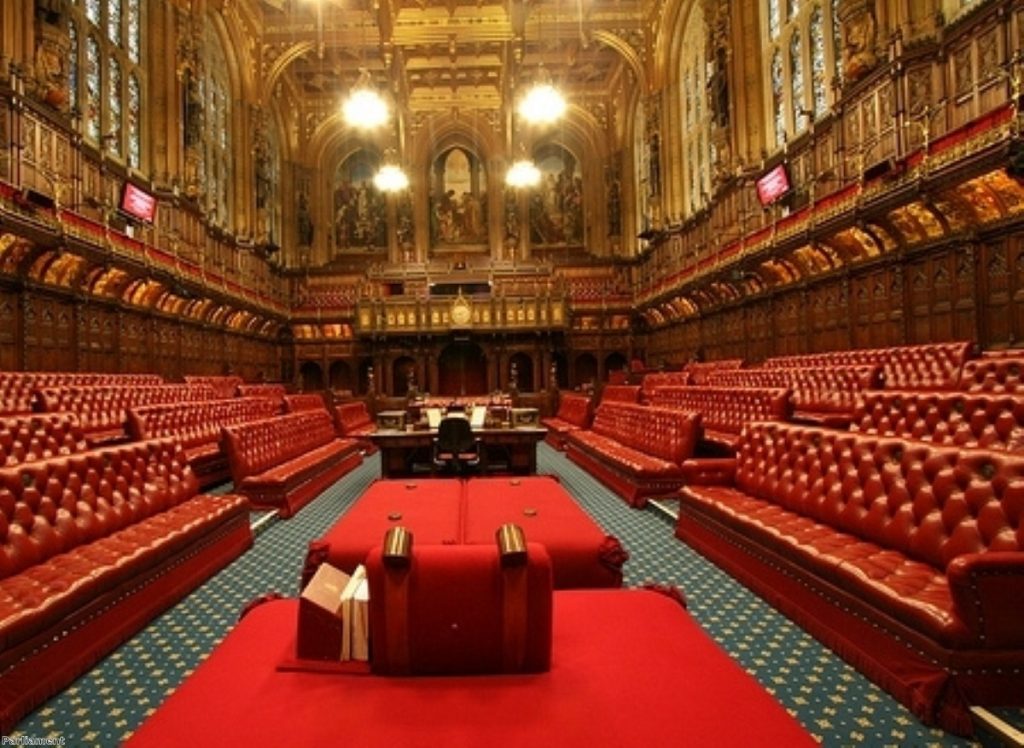How coalition bitterness threatens Lords reform
I thought the list of reasons why the coalition's Lords reform bill is doomed couldn't get any longer. The death by a thousand cuts argument still holds firm. Then there's historical precedent, and the link with boundary changes, and the money factor.
The last week or so has seen a new factor emerge: coalition bitterness.
It didn't have to be this way. It was a deliberate decision of Cameron and Clegg to give the deputy prime minister direct responsibility for constitutional reform. That is backfiring for the DPM, whose unpopularity among Tory backbenches has plummeted to new lows following last week. They despise him for having refused to back culture secretary Jeremy Hunt over the BSkyB takeover bid row, and – at last week's meeting of the 1922 committee – were reportedly in fighting talk mode when the legislation receives its timetable motion next month
.This is critical because otherwise the government won't stand a chance of getting the bill through the Commons and Lords before next spring. A timetable motion limits the amount of time legislation has to be debated for; opponents of the bill would rather give MPs an opportunity to engaging in some filibustering foot-dragging that could leave parliament's schedule – and the government's broader legislative agenda – clogged up for months.


A series of concessions are expected to be made when the bill is presented to Cabinet members at the end of the month. Most importantly, the legislation is set to be reworked so that it specifically outlines the primacy of the Commons over the Lords. This has been the biggest single gripe of MPs and peers scrutinising the bill for months, so it makes sense that the biggest retreat should come here. The other big retreat could be over the constituency sizes of the new, elected upper House: MPs are fed up as it is with members of the European parliament meddling in their seats, without another elected representative getting in the way. The bigger ministers can make the electorates of the reformed upper House, the better. Minister Mark Harper has argued against this repeatedly over the months, but could now be ready to give ground – if that's what it takes to make progress.












